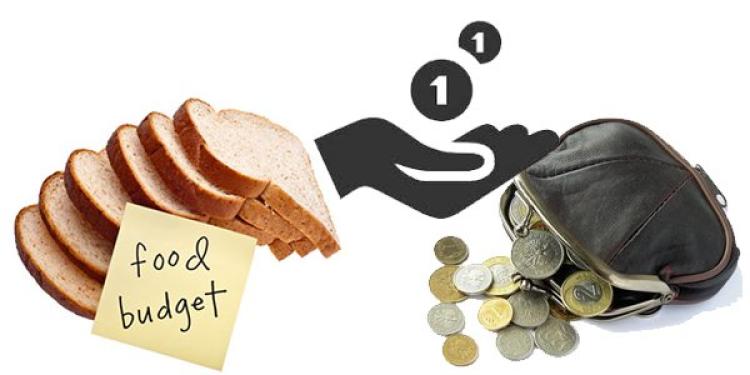Low-Income Families Save Money by Way of Gambling
Posted: September 6, 2014
Updated: June 4, 2017

Instead of spending their hard-earned bucks on lottery tickets and similar gambling pursuits, low-income families are offered a unique way to actually save money.
At times families that have limited means might want to try their luck with the lottery. If they were to win big then they could get all their money back on betting and still have plenty left over. However, the problem is that the small amounts paid for lottery tickets amounts to a small fortune as people tend to play them on a regular basis.
In order to actually put a stop to this, certain credit unions and non-profit groups have decided to take measures to tackle the problem of mobile betting and in fact rewards people for saving. Since its inception it has become somewhat of a small trend in certain areas.
Prize-winning prove effective
• Prize-winning saving accounts look promising
• Over 50,000 account have been opened
• More than $94 million has been saved with the innovative system
The specific groups are encouraging people to save money by offering them prize-linked savings accounts. These accounts in fact work by a rewarding system, which grants people a ticket just like in a prizewinning raffle. After making every deposit, the account holders have a chance to win even money than they have deposited.
The philosophy behind this action is that people who like to gamble are afforded the opportunity to experience the thrill of betting but without any risks. Gamblers that generally never experience any luck with wagering actually have a chance with this system. Losers are converted into winners.
The system has quickly garnered support from all corners of society. Liberal poverty advocates and conservatives that enjoy the private market-based system have all expressed their immense support for the effective cause to battle gambling. Social responsibility play a big role in the modern gambling age which has propelled many companies to take it seriously.
Many states in the US are looking into ways to implement this fresh approach into their territories. Indiana, New York and Connecticut are just some of the states ready to make use of the prize-winning deposits. Gambling news reports that Congress has seen Republicans and Democrats all in favor of the system and they plan to make changes to their baking bills.
The new system is spreading fast
A non-profit organization hailing from Massachusetts, Doorways to Dream, helped initiate Save to Win in Michigan half a decade ago. Currently, it boasts the title of being the largest prize-linked saving program in the US, while in the meantime operations have spread to Washington, Nebraska and North Carolina.
Until today, the innovative system has created a total of 50,000 accounts which enabled people to record savings to over a massive $94 million, although not all accounts are still open. Nevertheless, the sheer number accounts that have been activated up until now shows how quickly and effectively the trend has spread.
Save to Win works by allowing people save by purchasing shares in one-year certificates of deposits (C.D.s) with an involved credit union. Under the US gambling laws and federal regulations, banks are not permitted to offer lotteries or raffles, so they have made use of this system. For every $25 share, people are given a chance at the monthly lottery.
People can win small fortunes with the system
Cindi Campbell is one of many participants in the new system that has made a small fortune with the prize-winning deposits. “I didn’t have $500 to start a C.D., and when they said it was only $25, I knew I could do that. I got addicted when I won $100, and I was thrilled to death.” She won a $30,000 prize from the Telco Community Credit Union in North Carolina.
For years economists and financial experts have argued that lotteries mainly target the poorest sector of a country’s population. They stressed that people with the least amount of money were the ones that were the biggest customers of the lotteries. The reason behind this is that lotteries are often viewed as the sole form of financial planning.
Many government officials have highlighted that savings are of vital importance nit just for the poor but rather for the general populace of the nation. The US currently has a 5.3 percent savings rate which translates into the portion that one person saves out of all of the income. More than a quarter of US citizens have no savings at all and that this troublesome.












